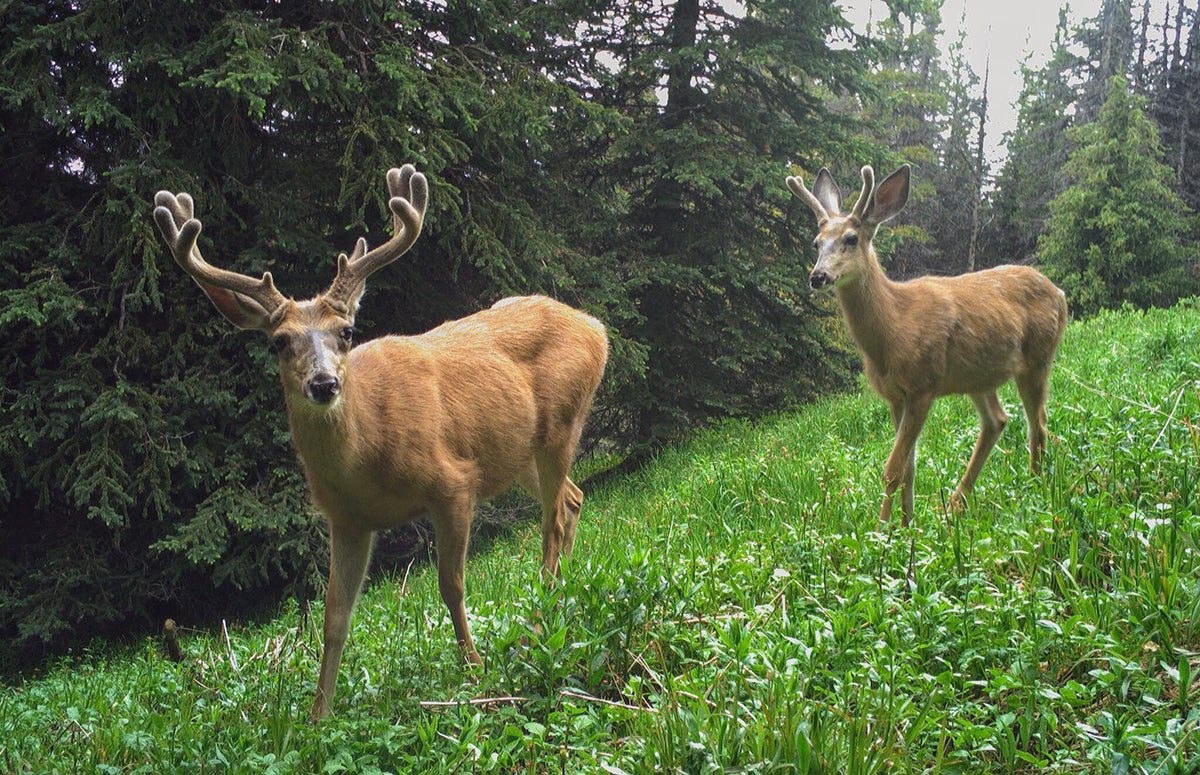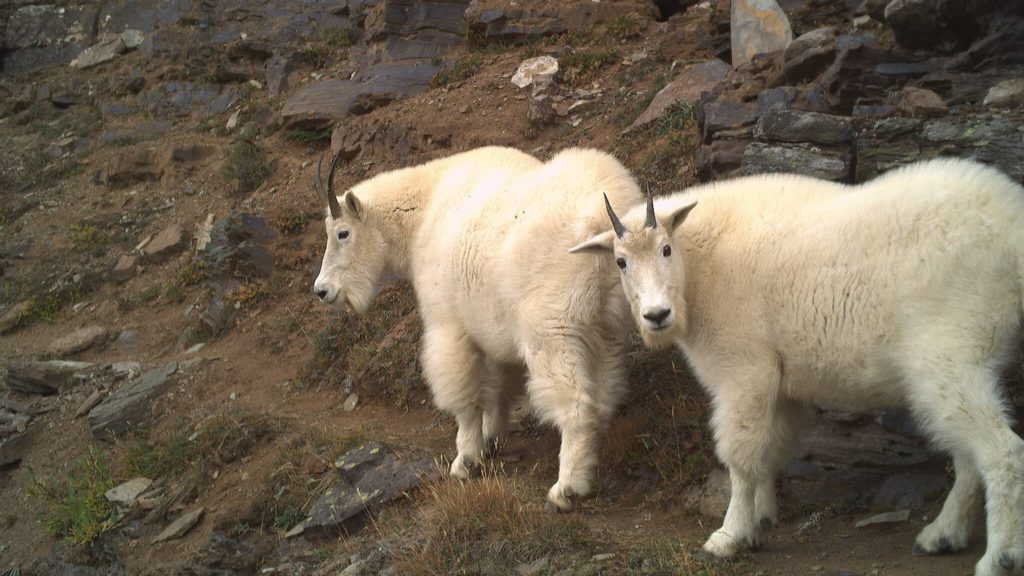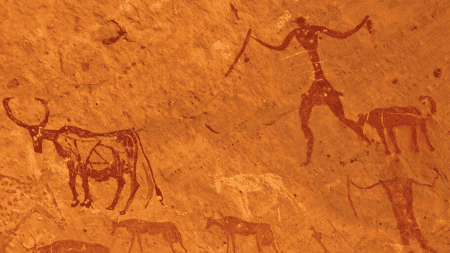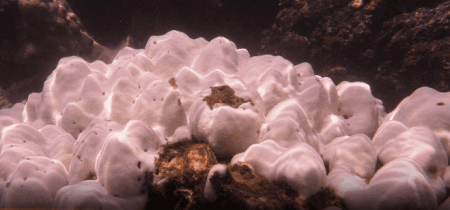During the lockdowns of the early pandemic, the canals of Venice went from a dirty green to see-through blue; motorboat traffic along the waterways had stopped and sediment settled out of the water. Global carbon emissions decreased a record amount, although only briefly. People reported animals re-claiming territory from humans in much-memed (and often fake) posts. Nature was–supposedly–healing.
Except that it wasn’t, really. The effects of Covid-19 restrictions on peoples’ activity and wildlife were nuanced and varied, according to a study published March 18 in the journal Nature Ecology & Evolution. The “nature is healing” narrative was far too simplistic to capture the full breadth of what really unfolded between humans and animals in the pandemic’s early stage, says Cole Burton, co-lead study author and a conservation biologist at the University of British Columbia. “I can understand why we wanted to believe that,” he adds, “but there was no one-size-fits all response with animals.”
Instead, Burton and his many collaborators uncovered finer-scale surprises and counterintuitive trends. The scientists took advantage of the rare, experimental opportunity offered by the pandemic and analyzed mammal activity data from 5,400 camera trap locations in 21 countries collected before and during lockdowns. Unexpected patterns emerged.
Lockdowns didn’t mean less human activity or more animal sightings
They found, among other things, that lockdowns did not reduce human presence everywhere–especially not in the parks and other greenspaces documented by the camera traps. “We saw a lot of variation in what people were doing. In some areas, people were using them a lot more,” explains Burton. In Vancouver, where he lives, he notes that regional parks were open and many people found themselves with more free time and an eagerness for safer outdoor socialization. People were “trying to find solace in these parks,” he says–activity on trails went up.
Previous research into pandemic impacts on wildlife has used broadscale measures of human activity, like regional lockdown protocols, to infer how peoples’ behavior changed–but the new research highlights the importance of concrete and specific monitoring data.

Yet even in locations where human activity did decline, mammal activity did not uniformly increase. “What animals were doing in response to people was super variable, that surprised us a bit,” Burton says. Amid the variation, the researchers found trends. Larger carnivores were more sensitive to human presence, so where human activity was higher, the cameras captured fewer big meat-eating animals like wolves and wolverines. In more urbanized areas or places heavily frequented by people, some of these larger carnivores disappeared entirely. But conversely, large herbivores boosted their activity alongside humans. The former effect could potentially be causing the latter, says Burton: It’s possible that humans offer herbivores a protective shield from their predators, scaring off the carnivores that the prey animals would otherwise have to avoid.
Maybe, where humans and development are more prevalent, other species have to work harder to access resources, traveling farther and appearing more active on camera.
Researchers also found that animals reacted differently to changes in human activity depending on the location and time. In more remote areas, animals seemed more wary of humans and were more likely to move away when human activity increased. In more developed areas, animals appeared more accustomed to humans and either did not change their activity levels or became more active around humans. The scientists cannot say for certain why this occurred, but one possible theory is that in developed areas, wildlife may be taking advantage of human resources, such as searching through trash cans for food. Another theory is that in areas with more humans and development, other species may have to work harder to access resources, leading them to travel farther and appear more active on camera. The new research emphasizes the need for further investigation to uncover the reasons behind their observations. Many different stories likely exist for each area and species, and these will remain unclear until more analysis is done.
Lessons from the Covid pandemic for conservation efforts
The study is already providing some clues. In some cases, the camera trap data revealed that increased human activity caused animals to become more active at night, supporting previous research that shows many mammals adjust their schedules to coexist with humans. The lead researcher suggests that this adaptation allows animals to share spaces with humans while reducing negative encounters. earlier research findings In a way, this demonstrates how animals and humans could potentially coexist peacefully. Other species are actively finding ways to coexist with humans, even if it is not readily apparent, he explains. If humans take this into consideration and meet other mammals halfway, it may lead to true healing for nature.
Burton hopes that the global but specific findings will help guide and enhance conservation efforts. He suggests that different management approaches may be needed in different circumstances. For instance, in more isolated settings, park managers could use the new study to support permitting, strategic closures, or other efforts to minimize human presence. In urban areas, conservation efforts could focus on reducing nighttime light and noise pollution to provide wildlife with a refuge at night. Burton emphasizes the need for humility when considering these nuances as we strive to manage our impact.
Despite the humorous memes, new data reveals a more detailed relationship between humans and animals.









